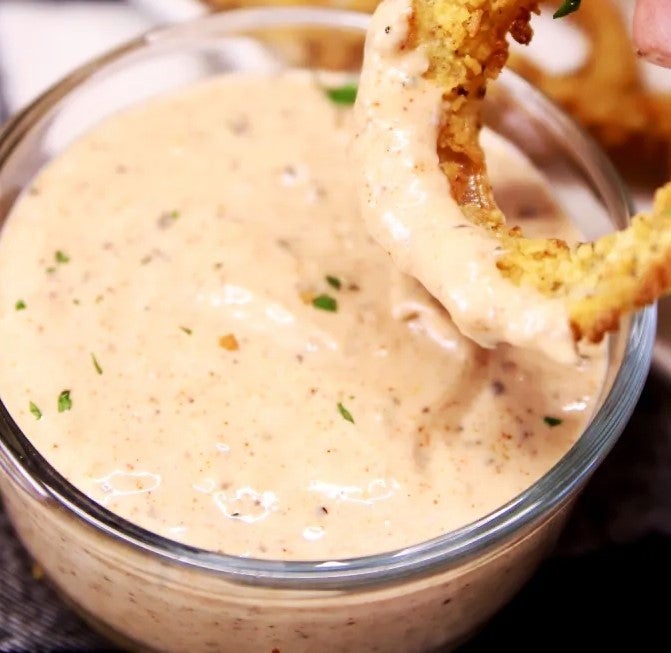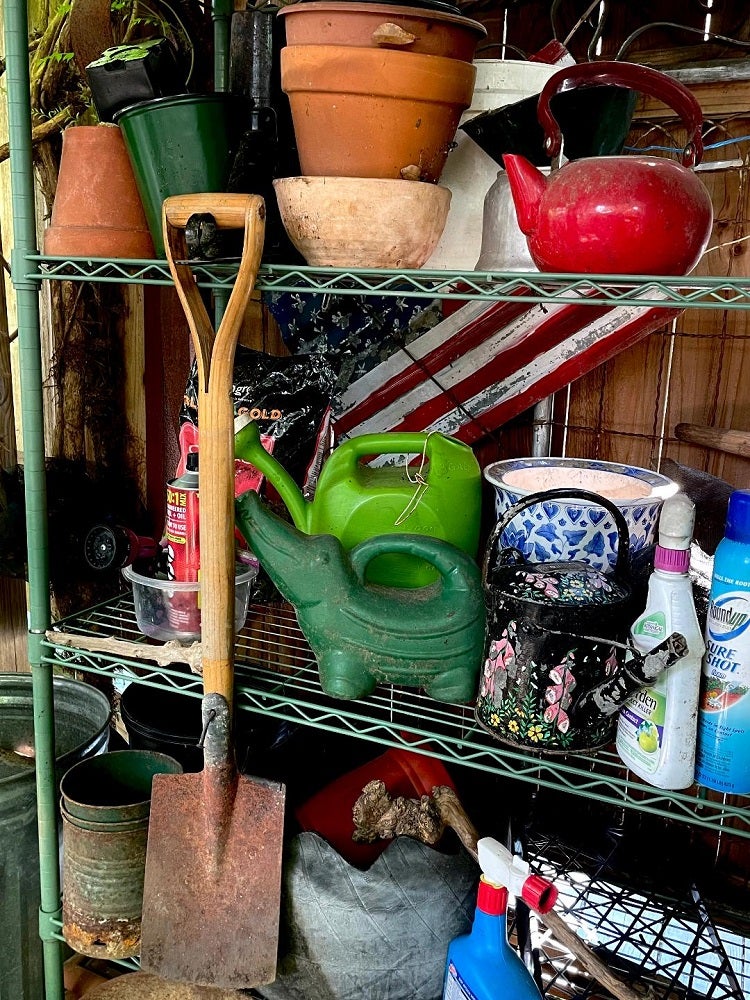Boasting, bravado and braggadocio
Published 7:00 am Saturday, December 10, 2016
Steve, and his older brother Jim, were in their usual positions on the living room couch, each clutching their wireless game controllers and focused intently on the flat screen television before them. “Darn!” exclaimed Steve, “I just can’t get that guy.” In almost an automatic reply, his brother retorted, “Yeah, but I am so much better at this than you. It’s no trouble for me.”
So the siblings went, round and round, each trying to verbally out-maneuver the other and win the game. Each knew that the other was only trying to “get the other’s goat.” It was all part of the challenge of playing the game and the challenge of being brothers. At the end of the day, they were quite close and woe to the one who tried to get between them.
Yet, in their adolescence, the familiar competitions took on a darker tone and the closeness waned. Jim always seemed too often struggle at schoolwork, yet was often awarded accolades for his prowess on the athletic field. Steve was a bit frail in stature and it fell to his academics to excel. Each had their own attributes and their own shortcomings. As they grew older, the harmless asides between them became more painful and resented.
During a heated argument, Steve barbed, “You know Jim, you are so stupid I’ll bet if the coach didn’t show you how to do it, you couldn’t tie your shoes.”
Clearly hurt, Jim retorted, “Well, at least I can wear shoes and run fast, and I am not a wimp like you.” Later, their relationship devolved into one of, “who can hurt the other the most.” Too often, their parents had to break them up from their fighting.
Steve and Jim had progressed down a familiar path, given to all of humankind. It is the path of the great egos. It is the path of gasbag boasting, bragging, and braggadocio.
Certainly, we all want to feel good about ourselves and easily resent those around us who would take delight in pressing us down. Yet, if we are to acknowledge our propensity for having engorged egos, then we also must understand when an observation is not a prickly criticism.
What the two brothers knew was that the other was flawed, in some real sense. In reality, each lacked some personal traits that the other possessed, and each was quite willing to express the deficit to the other. Yet, their inability to grasp each other’s attributes, it lead to the ongoing and unresolved conflicts in their relationship. It was only in their later maturity, when real growth in their relationship took place, and they began to more fully appreciate each other.
Their relationship was a microcosm of our relationships, within humanity. While we are most predisposed to advance our own personas, at the expense of others, we so often overlook the valuable attributes of those around us. Whether there be physical prowess, or academic skill, or a combination of each, what each of has to offer the other is too frequently buried within our attitudes and actions.
When Jesus Christ was interrogated by the Pharisees in the Temple, he was asked, “What are the greatest commandments?” His reply was clear, “You shall love your God, and your neighbors, as yourself.” This familiar response underlies the calling for our lives, and our relationships with others.
Yet, in this oft-quoted familiarity, does it loose the meaning for us? Consider, only by shelving ourselves, in other words, by putting our egos behind us, will we come to a better world, our better place in it, and the better understanding of those around us.
By Fr. Jonathan Filkins




